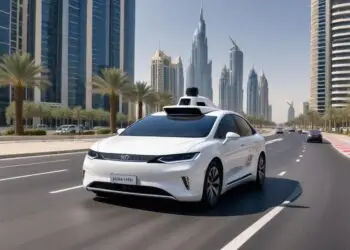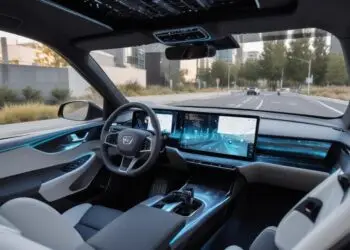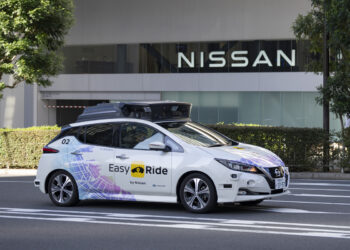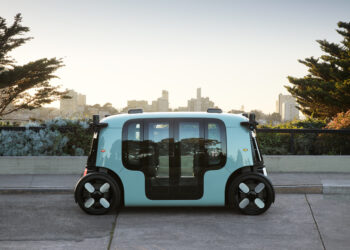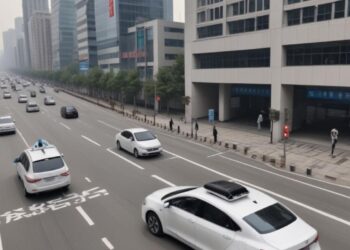Renault Group will soon make a significant leap in autonomous public transportation by launching its Level 4 autonomous vehicles. This initiative is part of the company’s broader strategy to address the growing demand for sustainable and low-carbon mobility solutions in urban areas.
Focus on Public Transportation
Renault Group’s approach to autonomous vehicles is twofold. While individual vehicles will continue to feature advanced driver assistance systems (ADAS) to enhance safety and comfort, the company sees full autonomy as particularly relevant for public transportation.
The rationale behind this focus is the increasing need for efficient, low-emission transport options in cities, many of which are transitioning to low-emission zones. The benefits of Level 4 autonomy for public transportation include 24/7 operation, reduced emissions, and improved traffic flow.
Collaboration with WeRide
At the heart of Renault’s strategy lies a pivotal collaboration with companies such as WeRide, a global frontrunner in autonomous driving technologies. This strategic alliance is set to harness WeRide’s unparalleled expertise to develop and deploy autonomous minibusses capable of operating without an onboard driver, albeit with remote supervision. The first real-world demonstration of these vehicles is taking place at the the Roland-Garros 2024 tennis tournament, marking a significant milestone in their journey.
Technological and Economic Considerations
Transitioning from Level 2 to Level 3 autonomy involves significant technological challenges and costs, such as developing robust sensor systems, advanced AI algorithms, and comprehensive safety measures. These factors currently limit the feasibility of fully autonomous individual vehicles.
However, for public transportation, the benefits of autonomy—such as 24/7 operation and reduced emissions—are expected to outweigh the costs. Renault Group anticipates a substantial demand for autonomous minibusses, estimating the need for several thousand units annually in the coming years.
Ongoing Trials and Future Plans
Renault Group has been conducting trials for several years to refine its autonomous public transportation solutions. One notable project is the “Mach 2 project,” which will see a fleet of automated electric minibusses integrated into the public transportation network of Chateauroux Metropole in France by 2026.
These trials involve rigorous testing of the vehicles’ safety, reliability, and performance in various urban environments. They are crucial for developing a robust and reliable autonomous vehicle platform that can meet the needs of various urban environments.
Commitment to Sustainability
Renault Group’s autonomous vehicle initiative is part of its broader commitment to achieving carbon neutrality in Europe by 2040. By focusing on electric and autonomous public transportation, the company aims to provide sustainable mobility solutions that can help reduce urban congestion and pollution.
Evoltronic Analysis
Renault Group’s forthcoming launch of Level 4 autonomous vehicles for public transportation represents a significant step towards sustainable urban mobility. Through strategic partnerships and ongoing trials, the company is poised to address the challenges and opportunities of autonomous public transport, paving the way for a cleaner and more efficient future.



